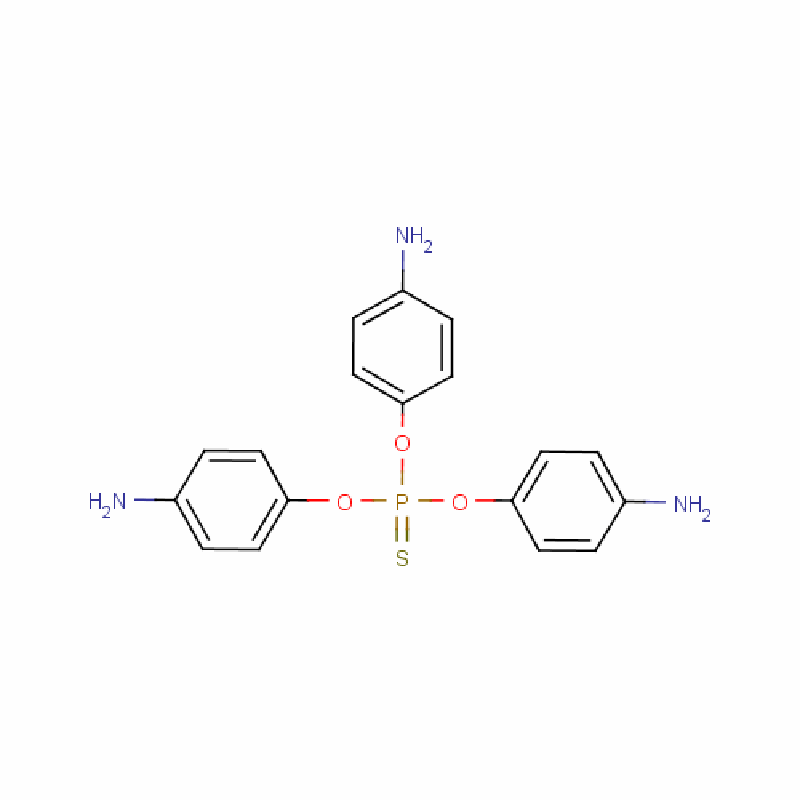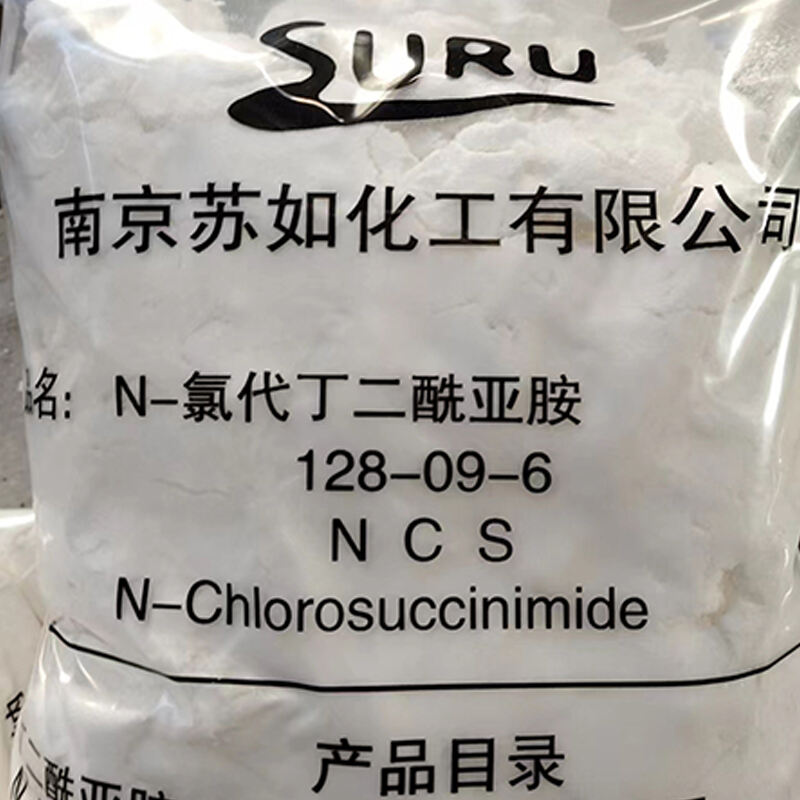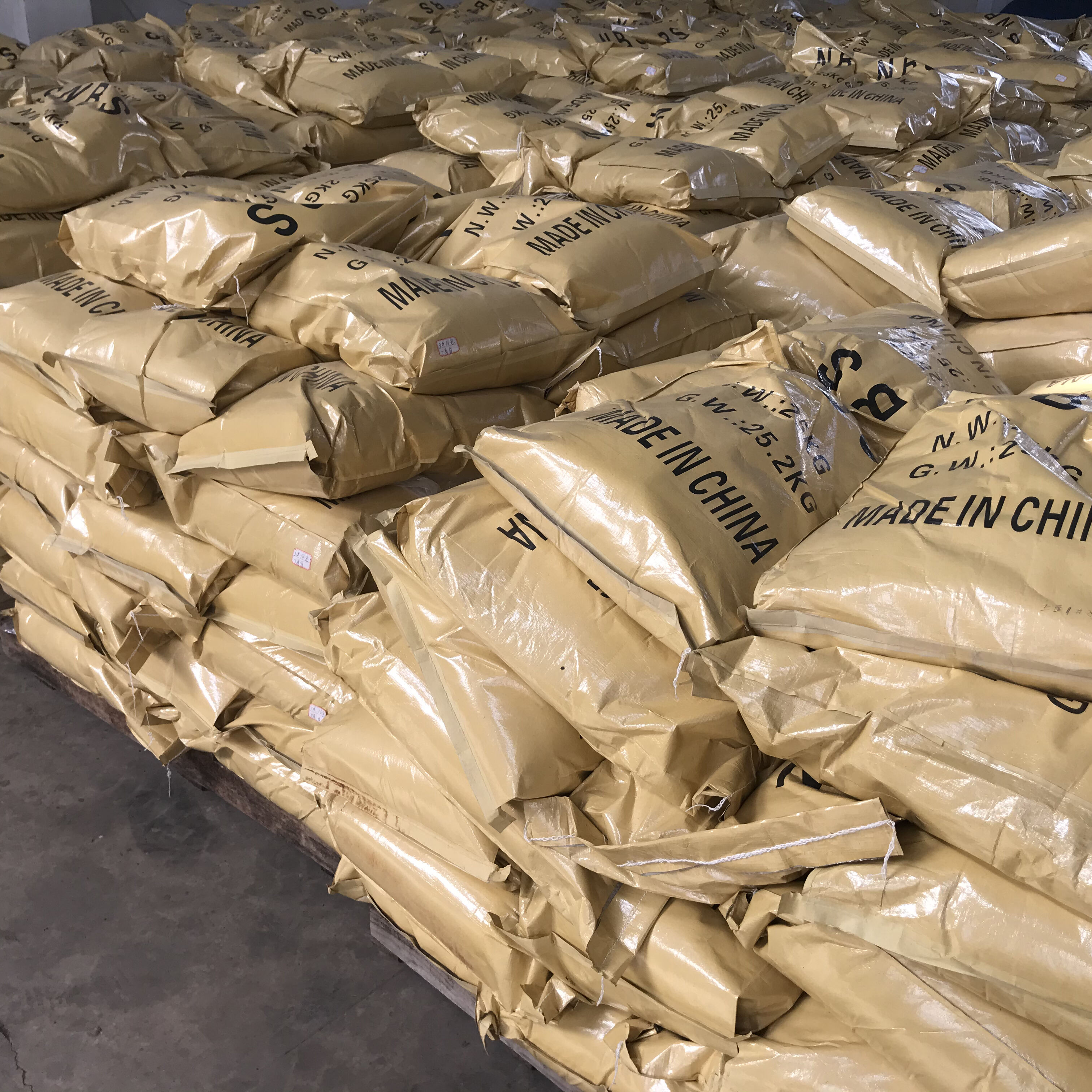Chemistry is quite a cool subject where we learn about different types of ‘substances’, and how they can transform or ‘react’ with one another. Organic chemistry is a particular branch of chemistry that deals with the study of carbon and its compounds. This might seem confusing, but it’s actually quite fascinating and can be used to create all kinds of new stuff.
Carbon is unique in that it can bond with other elements to form many different kinds of compounds. Such compounds can come from nature, such as from plants and animals, or they can be manufactured in a laboratory by chemists. Organic chemistry helps us understand how these molecules are built and how we can use them to create new and interesting materials.

The world is full of wonderful chemicals that can be employed to construct complex structures. By understanding how these natural compounds are assembled, scientists can learn to copy them, and to enhance them, in the lab. That lets them develop new substances for uses ranging from medicine to technology.

Just like simple organic substrates are the Lego bricks of organic chemistry. By manipulating these simple building blocks, using chemical reactions to them, scientists can make useful products that play important roles in our daily lives. From drugs to plastics, this kind of organic synthesis enables us to make all sorts of things that make our lives better.

One of the applications of organic synthesis that is indeed very rewarding is in the field of new drug discovery. Scientists can develop and test new molecules in the lab to discover new drugs that may eventually be used to treat and cure diseases. By making organic synthesis we are able to do that we can actually tap into the power of nature and use these natural compounds and chemically transform them into live-saving drugs.